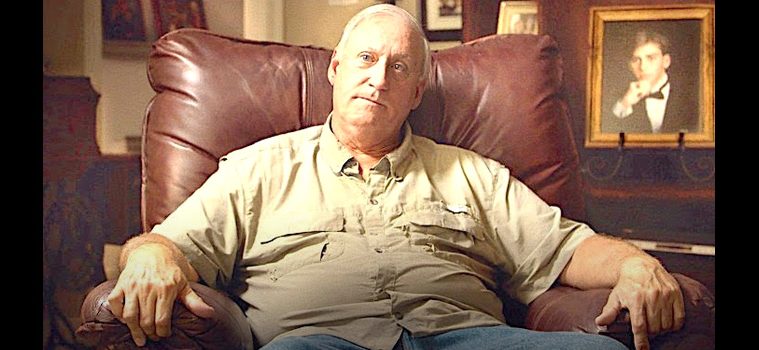It’s All Here –
Feb. 16, 2020 – Watching The Pharmacist, I kept getting caught between the series’ fealty to the conventions of a Netflix true-crime binge—the raspy, ominous score; the suspenseful cliff-hangers; the neat resolution—and the messiness of the story it was telling, one in which grief drove a man to dangerous, provocative, and sometimes harassing behavior, and for all his efforts, the “justice” he found meant a poor black teenager went to jail while Purdue Pharma made $35 billion in sales. This isn’t a narrative you can do justice to within a genre better suited to serial-killer profiles and inveterate scammers. It’s too complicated, too frustrating, too open-ended. “Did I do the right thing?” Schneider asks in the final episode, a question the series doesn’t seem to remotely want to answer. … Complicating things is the fact that The Pharmacist is really two stories in one. The first is one of devastating familial tragedy: In 1999, Schneider’s son Danny was killed while reportedly trying to buy crack cocaine in New Orleans’s Ninth Ward. Finding the police uninterested, Schneider decided to hunt down his son’s killer himself, stalking the neighborhood, bombarding strangers with phone calls, and finally badgering a woman to testify even though doing so forced her into witness protection. Along the way, he recorded everything. Truly, everything. The series is stuffed with archival elements: camcorder footage of Danny as a child, phone calls Schneider made to the New Orleans Police Department, even a tape of Schneider and his wife sobbing together after Danny’s death. (Listening to the latter feels uncomfortably like eavesdropping on the most excruciating moments of someone’s life.)
If Danny’s death were the sole focus of The Pharmacist, there might be more time to unpack some of the story’s snarls and the subtext of what happened to him: the roots of his addiction, the context of the crack epidemic amid urban white flight, even the motives of his killer. (Remarkably, even though the directors interview the dealer who shot Danny, they don’t seem compelled to ask why he did it, leaving the Schneider family’s search for closure unresolved.) But the loss of a child apparently isn’t uncommon enough to sustain a four-part series, and so The Pharmacist quickly turns to what happened next…



